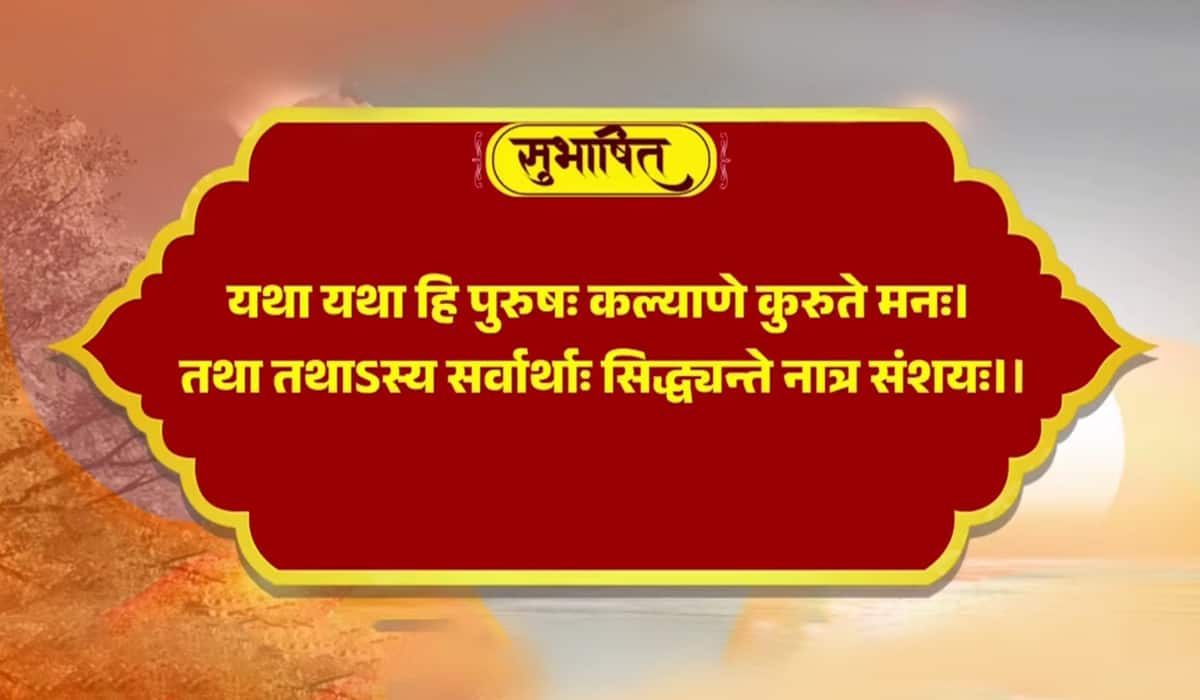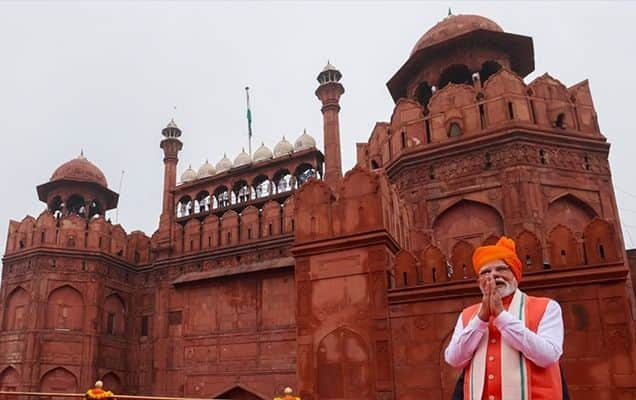Gujarat to lead farm revolution in India, to set up High-Tech Farming Training Institute, to partner Israel and six other nations: Narendra Modi
Gandhinagar, Monday: Gujarat Chief Minister Narendra Modi today called upon the farmers to take the country to such a height that it could cater to all the agricultural needs of Europe. However, he said, it would require farmers’ pressure group to force the rulers to change the nation’s agriculture-related policies to reach the goal.Inaugurating a national convention on ‘The Next Frontier of Agri-Business & Technology’ at Mahatma Mandir, Mr. Modi said that it was in response to late Prime Minister Lal Bahadur Shastri’s clarion call that the farmers of India that have filled the granaries with enough food grains, to feed not only India during but also Europe. India could not afford to neglect the agriculture and animal husbandry since 68 per cent of India’s population on this sector. He exuded confidence that Indian farmers could do it. He said that Sardar Patel also played a crucial role in motivating farmers produce more. He assured that Gujarat would provide a platform for that.

The two-day event is being attended by envoys of seven nations, including Israel, Holland and Chile, besides 2,000 delegates, representatives of state public sector undertakings in related departments, agriculturists, experts in agricultural technology, agro-industries, agri-business, agricultural economy and exports from 11 states in India. An agricultural fair has also been arranged at the venue.
Mr. Modi announced that Gujarat will hold a ‘Gujarat Global Agricultural Event’ at this Mahatma Mandir on the lines of the world’s largest agricultural fair in Israel. It will be a triennial event. He said that agriculture is being given importance in Gujarat too, during biennial Vibrant Gujarat Global Investors’ Summit (VGGIS), the next one to be held in January 2013.

He also announced a decision to set up a world-class Agriculture Research & High-Tech Farming Training Institute in Gujarat in collaboration with Israeli Government.
Releasing a White Paper on Gujarat’s Achievements in Agriculture, he said that in a revolution of sorts the state made great strides in rainwater conservation and water resource management, taking uninterrupted electricity to all the villages, drip irrigation and other technologies to the fields. This has helped Gujarat maintain over 10 per cent growth rate in agriculture during the last ten years, as against the national average of 3 per cent.

Mr. Modi said that Gujarat has also took a novel initiative in providing soil health cards to farmers to choose the best crop to suit particular soil and climatic conditions. He said that the Centre has also shown interest in Gujarat’s initiative, but wondered if the present Central Government in New Delhi, deeply buried as it is in coal, could at all protect the interest of farmers in the present circumstances.
Earlier, Gujarat’s Agriculture Minister Dilip Sanghani welcomed the delegates and gave details of the state’s metamorphosis from a ‘trading state’ to a ‘most progressive state in different fields’ under the Chief Minister’s leadership. Talking about Gujarat’s decade-old relation with Israel, he said that latter is keen to set up as many three Centres of Excellence in Gujarat.
Gujarat’s Chief Secretary A.K. Joti proposed a vote of thanks after the inaugural session.














